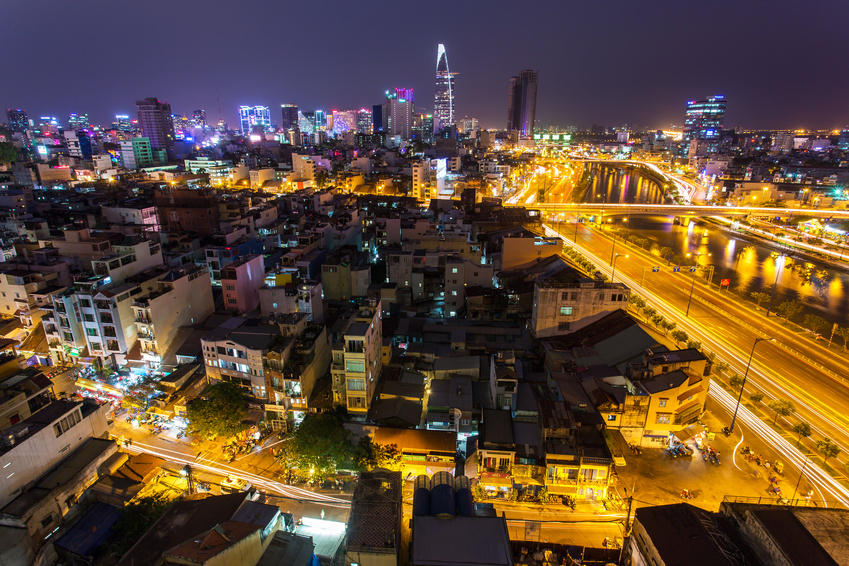On 26 June 2019, the Government issued Decree No. 57/2019/ND-CP (“Decree No. 57”) effective on 26 June 2019 to implement Vietnam’s tariff commitments on exports and imports under the Comprehensive and Progressive Agreement for Trans-Pacific Partnership (“CPTPP”)
Decree No. 57 sets forth the tariff rates applicable to countries which already ratified the CPTPP including Australia, Canada, Japan, Mexico, New Zealand, and Singapore for the period from 2019 to 2022.
Decree No. 57 consists of 2 Annexes, of which one is for exports and the other for imports. This demonstrates the more comprehensive approach of the CPTPP as compared to other Free Trade Agreements (FTA), where not only tariff on imports but also tariff on exports are covered under a FTA.
There are two main requirements deciding whether a trader may take advantage of CPTPP import tariff rates available under Decree No. 57: (1) whether goods ‘originate’ in a CPTPP member country; and (2) goods must be imported into another CPTPP member’s territory.
(1) Originating Goods
To be an ‘originating good’, a good must be grown, raised, caught, hunted, mined or extracted within a CPTPP member country. A product that is made from materials originating in a CPTPP territory would likewise be originating, as would a product that has undergone substantial manufacturing within CPTPP member territories. The actual manufacturing inputs required to qualify a good as CPTPP-originating are product specific. Manufacturers looking to capitalize on this origin category are encouraged to contact Baker McKenzie for a product specific analysis.
(2) Member Countries
Only member countries who have legally adopted the CPTPP and notified other members of their adoption may enjoy preferential tariff rates. This includes the first 6 members to ratify the CPTPP (Australia, Canada, Japan, Mexico, New Zealand and Singapore), and Vietnam, the seventh member to ratify. Annual tariff rate reductions occur on 1 January of each calendar year following ratification.1 The first 6 members and Vietnam have completed two rounds of tariff cuts on CPTPP originating goods, with round three cuts set to occur on 1 January 2020.2
To read more on the opportunities available for importers to Vietnam, please download the full publication here.
1 This excludes Japan who will apply 1 April in accordance with their fiscal calendar.
2 Note: imports between Mexico and Vietnam will receive Year 1 tariff rate treatment for 2019. Such difference results from the acceleration that Vietnam made with Australia, Canada, Japan, New Zealand, and Singapore. To that end, the same goods exported from Vietnam to Australia, Canada, Japan, New Zealand, and Singapore, or imported from these countries into Vietnam would receive lower tariff rates as compared to those exported to Mexico or imported into Vietnam from Mexico.




